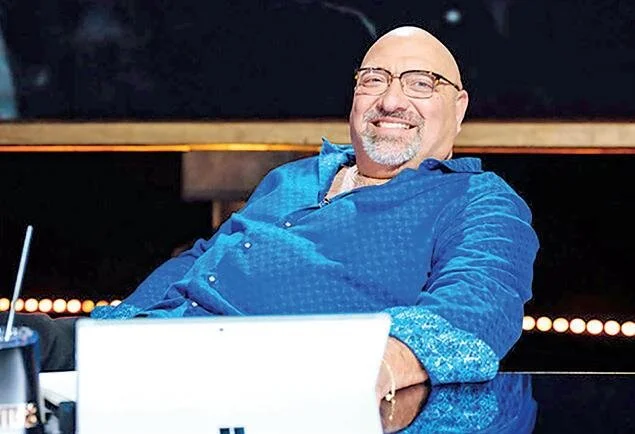Transforming Entrepreneural Energy to Change
Growing up in a Tejano family, whose south Texas history spans several generations, Moises "Moe" Vela Jr. learned early about politics and community service, and gained an education and drive that carried him to the heights as an attorney, political advisor and an international business consultant.
by Bill Sarno
Vela made his political debut at the age of six. He appeared in a campaign commercial for President Lyndon Baines Johnson, he said. His mother played the piano and he sang what was a politicized version of the "Yellow Rose of Texas." He can still sing verses of this song.
He was bolstered by a commitment to service fostered by his upbringing and never lost pride in his Latino heritage – "you never lose who you are," – he began a career trajectory that took him to a successful law career and even to leadership posts at the White House.
Vela views his path to success as the juxtaposition of parallel aspirations and dreams. These included a love of business and entrepreneurship. Moe Vela's achievements are highlighted by serving in senior posts in the Clinton and Obama administrations, the latter as director of administration for Vice President Joe Biden.
Today, Vela has transitioned to the private sector and heads the Vela Group LLC, a global business consulting firm based in Washington, D.C. He also has become a strong advocate for the role entrepreneurship can play in the economic improvement of disadvantaged and marginalized populations. "What took me into the business world was that I realized that something, that we will never have equality in this world, in the state of Texas and the Rio Grande Valley until we have economic parity and have equal access to opportunities," Moe Vela said. This spring, Vela channeled his advocacy of democratizing access to wealth creation into a new direction. "I am the co-creator, co-producer and co-star of a hot streaming reality show, 'Unicorn Hunters.'"
This show is based on the premise that knowledge is power and to help people learn about risk taking and how to wisely invest in up and coming pre-IPO companies. This streaming program runs on YouTube and other social media. "Unicorn Hunters" and media such as Latino Leader and other leaders, are for Vela part of the quest for economic equality. "We have a responsibility, an obligation, to partner with Latino non-profits, Latino leadership and community organizations to help them start realizing that we need to add entrepreneurialism to the services we are providing across the country as just a fundamental way to indoctrinate, to enlighten, to educate and to inform."
By enhancing these partnerships, Vela said, “allows people to be educated about entrepreneurialism through platforms that are in place.”
For Vela, advancing this process of enlightenment is the first of four pillars he detailed in the interview as essential to building economic parity
His second "pillar" is to urge officials and political leaders to develop more platforms and to pass policies to help Latinos.
A third priority, according to Vela is busting unflattering stereotypes and enhancing the image of Latinos in the business world. As an example of what is the true Latino reality he points out that Latinas have been the number one group in starting new businesses for years.
Furthermore, Vela said, "I think entrepreneurialism spirit is inherent, innate in Hispanics and in our community. We need to provide an environment that is more encouraging."
The fourth pillar of Vela's commitment to lifting the Latino community concerns overcoming what he calls the "disease of celos."
At the core of the "horrible disease" is what Vela describes as jealousy and insecurity about the success of other Hispanics.
"We are so intimidated, threatened by a fellow Hispanic who succeeds because we believe somehow if they succeed it keeps me from being able to succeed," Vela explained. "The exact opposite is true," Vela stated. "We need to be pushing one another, supporting each other. If you reach the pinnacle then we all rise with you."
An important corollary to his concern about economic parity that Vela elaborates on is the challenge of attracting capital investment to Latino enterprises. "Only one percent of venture capital investment money goes to women, Latinos and the LGBTQ community. We have to get our fair share of investment dollars," Vela said. "We want this to be 50 percent."
As to what can be done, media such as Latino Leaders need to keep highlighting Hispanic business leaders to create role models and to show "you can do this too."
Looking forward, Vela sees a future that is "overwhelmingly bright." He is impressed with Millennials and Generation Z. "I see less of the disease of celos and they are hungry and have a can do attitude," he said
While Vela said he is proud and blessed to be the first Hispanic and LGBTQ American to serve in the White House twice, he does not want a third stint which he said would be taking a seat that should go to a young person. "My goal is to break down more doors for the next generation of Latino leaders."

